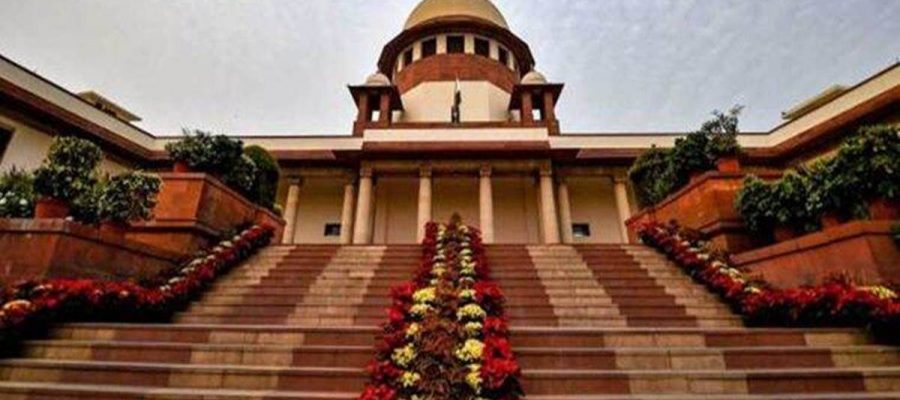A line of precedents shows that courts have been very cautious while passing interim orders to stay laws passed by the Legislature.
HOW the Supreme Court operationalises its suggestion to stay the operation of the three farm laws and open fresh talks via a committee will be evident in its order Tuesday. However, a line of precedents shows that courts have been very cautious while passing interim orders to stay laws passed by the Legislature.
“In matters involving the constitutionality of any legislation enacted by the legislature and rules, courts should be extremely loath to pass an interim order,” a two-judge Supreme Court bench had said in a 2013 ruling on the validity of the Cigarettes and Other Tobacco Products Regulation Act, 2003.
“At the time of final adjudication, the court can strike down the statute if found ultra vires of the Constitution. However, operation of the statute cannot be stultified by granting an interim order except when the court is convinced that the law is ex-facie unconstitutional,” the bench of Justices G S Singhvi and V Gopala Gowda had said.
Given that Parliament represents the will of the people, the starting presumption is that a law passed by Parliament is constitutional unless a court reviews it and strikes it down. The Parliament’s power to legislate, drawn from Article 254(1) of the Constitution, can only be restricted if the law violates the Constitution.
Even in 2019, the Supreme Court refused to stay amendments made in 2018 to the Scheduled Castes and Scheduled Tribes Atrocities Prevention Act saying that a law made by Parliament cannot be stayed.
The court also refused to stay the Citizenship Amendment Act, 2019, which was also challenged after it drew protests across the country.
Even strongly contested legislation such as the National Judicial Appointments Commission (NJAC) and Aadhaar were not stayed by the Supreme Court but were, instead, stalled by the government for the duration of the protracted legal battles in court.
While the NJAC Act, which contemplated a significant role for the executive in judicial appointments, was struck down as being violative of basic structure, the SC upheld the Aadhaar Act.
However, there are instances of staying the operation of a law indirectly by staying a ruling of the High Courts. As happened in September last year when the Supreme Court referred to a larger bench a batch of petitions challenging a Bombay High Court ruling that upheld the Maharashtra law granting reservation to Marathas in jobs and educational institutions.
The implementation of a law can be halted on three narrow grounds. The first ground is legislative competence, that is, if the court finds that the Parliament has no power to legislate on a subject matter.
The other two grounds are if the law violates fundamental rights or any other provisions of the Constitution respectively. Attorney General K K Venugopal argued Monday that none of the pleas filed challenging the three farm laws invokes these grounds.
The government’s opposition to the possibility of a stay against the farm laws foreshadows another faultline that could emerge from the Supreme Court’s intervention – formation of a committee to discuss the law with protesting farmers.
The Supreme Court has previously set up committees, delegating some of its powers to the members to implement or oversee a law or an order of the court.
For example, in 2017, in a judgment that drew criticism and was subsequently rolled back, the SC had directed setting up of family welfare committees to assess complaints of domestic violence before being investigated by the police.
However, a committee to recommend whether a law must be stayed or repealed or, as Chief Justice S A Bobde said, to decide if the laws are in “public interest,” is new territory for the judiciary.
Source: Read Full Article


